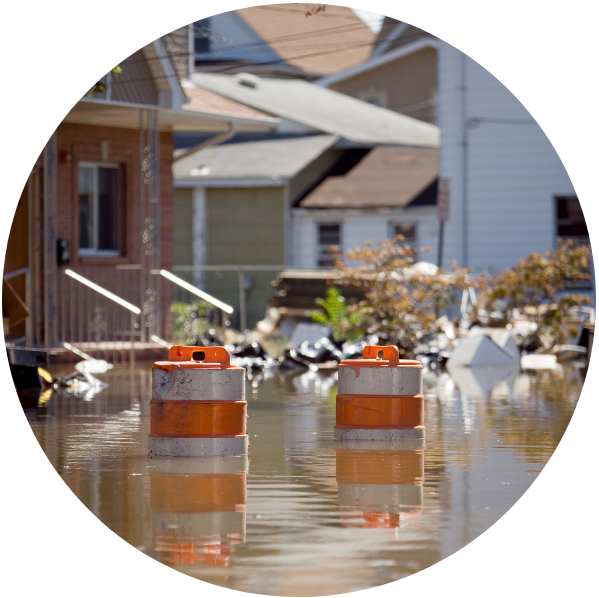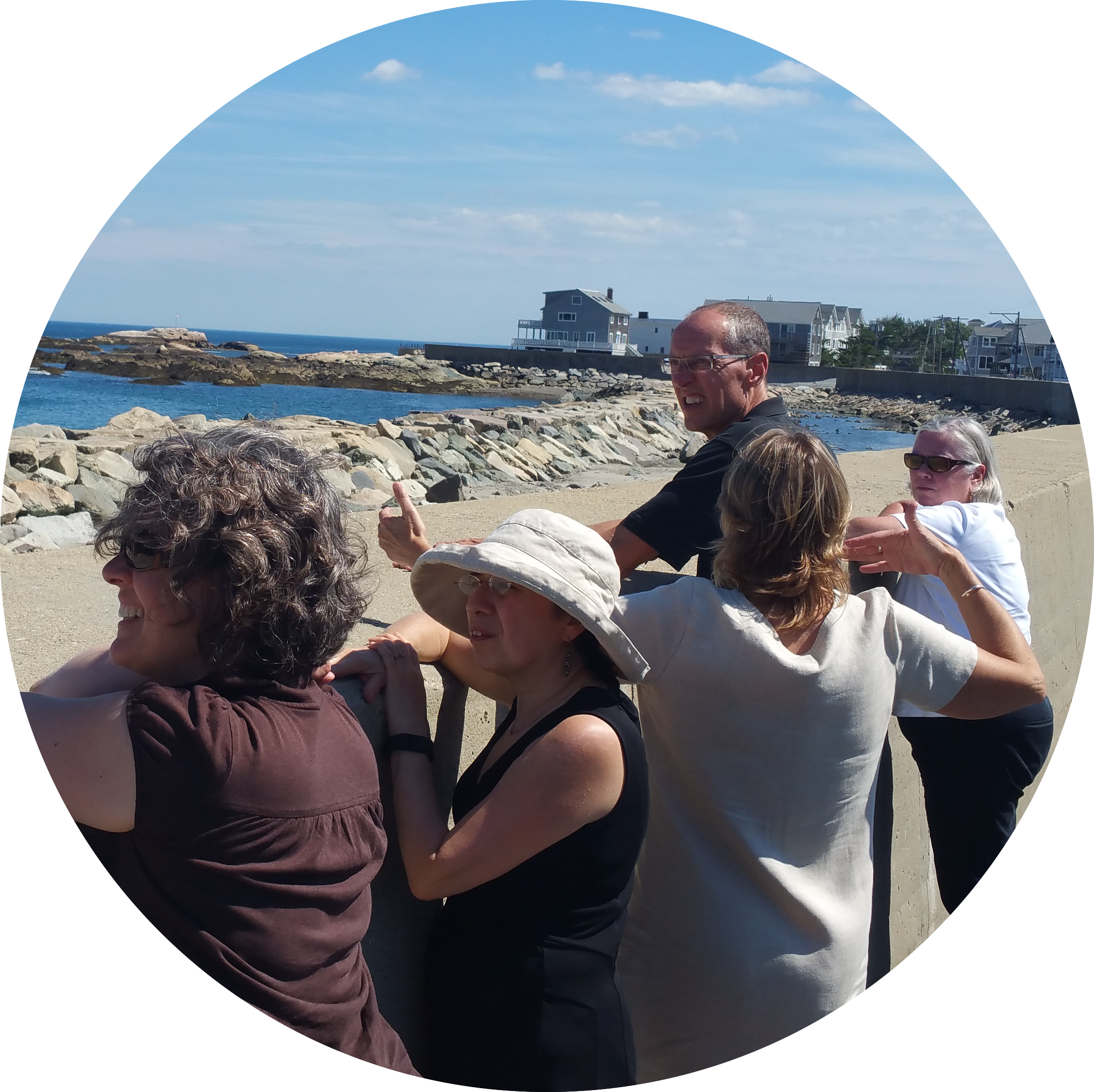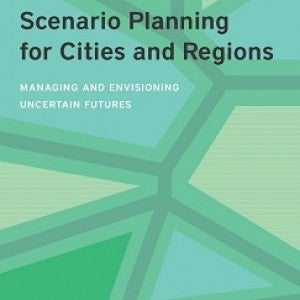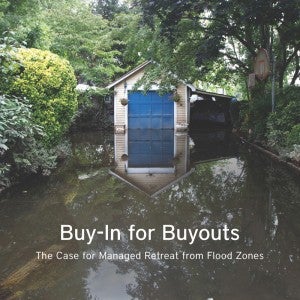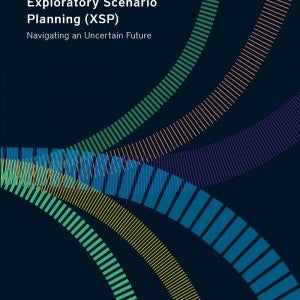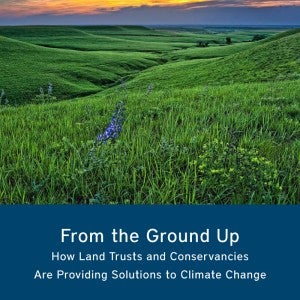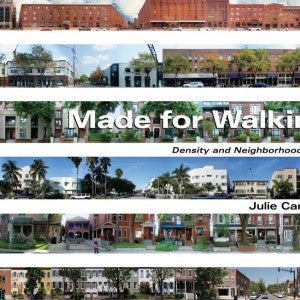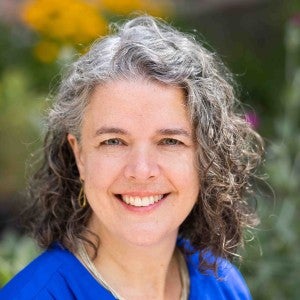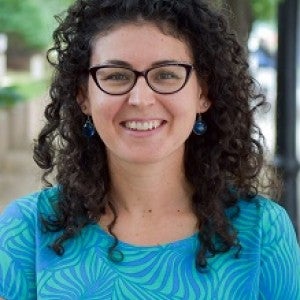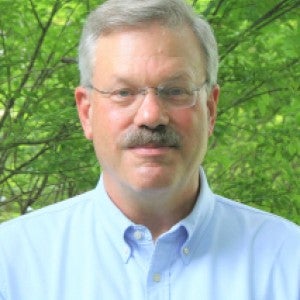Low-Carbon, Climate-Resilient Communities and Regions
Preempting the most catastrophic effects of climate change through land policy and helping residents adapt to unavoidable impacts
Land and water policy can shape the built and natural environment to reduce the extent of climate change and to help communities and natural systems withstand the impacts of a warmer climate. The Lincoln Institute is advancing good planning practices to address these challenges, and aspires to foster climate justice as a key element of this work.

Climate Action
Communities across the globe are contending with accelerating climate change and finding ways to adapt. Through networks and communities of practice, courses and workshops, research, and publications, the Lincoln Institute identifies and shares promising practices for land-based greenhouse gas mitigation, adaptation, and resilience. With partners, we bring together elected officials, community members, and key planning and policy staff for climate action.
Climate Resilient Urban Form
Urban areas are responsible for the majority of global GHG emissions. Compact, energy-efficient urban form is necessary to meet the climate goals established in the Paris Agreement. Through research, publications, and capacity building, we promote land use policies to reimagine the existing built environment or “built it right the first time,” enabling inclusive, climate resilient development pathways that protect critical natural ecosystems.
Financing Climate Action
Publicly driven climate action can increase land values, a portion of which can be shared with the public to pay for the investment itself or additional climate action. We are researching ways to fund urgent climate investments through land-based financing tools and working with partners to provide technical assistance to support on-the-ground implementation. We also evaluate public climate funding sources and emphasize the importance of leveraging both public and private investments to meet climate goals.
Community Led Climate Action
We work with trusted community partners to support community-led planning and decision making in communities at greatest risk from climate-related impacts. Among these communities are legacy cities that are dealing with the impacts of climate change in addition to decades of economic disinvestment and the long-term effects of racist planning and zoning policies. Through this work, the Lincoln Institute informs systemic change in policy and practice, and supports civic leaders, policy makers, and practitioners pursuing equitable, climate action with innovative scenario planning processes and urban greening strategies.
Balancing Competing Demands for Land
Land is required to address the climate crisis, but it is under tremendous pressure from market forces while competing demands —agriculture, habitat, renewable energy, carbon sequestration—are leading to increasing conflicts. The Lincoln Institute is illuminating the impact of these demands on human and natural systems to develop equitable solutions.
StoryMap: Land-Based Climate Solutions from Around the World

This StoryMap features a growing library of case studies that illustrate the role of land use and policy in mitigating and adapting to climate change. Featured case studies range from the Life Vimine Project in Venice to the Watts Rising Transformative Climate Communities Project in Los Angeles.
Planning Best Practices
Many decisions made by planners will have effects that last for decades, highlighting the importance of making the right decisions now. Planners can play a role in limiting energy consumption by vehicles and buildings, enhancing nature and its ecosystem services, and creating more vibrant street life that fosters social resilience. The Lincoln Institute helps planners innovate, stay abreast of trends and research, and grow and evolve through shared learning, peer engagement, and technical support.
Big City Planning Directors Institute
For 20 years, we have organized a community of practice comprising planning directors from some of the largest cities in the United States.
Latin America Planning Directors Network
We convene high-level urban planning officials in Latin America to share their experiences and knowledge of critical land and urban development issues.
Growing Water Smart Workshops
Communities often experience tension between municipal water demands to accommodate growth and available water supplies. We conduct workshops to provide expert guidance on land and water issues for local government teams.
Scenario Planning
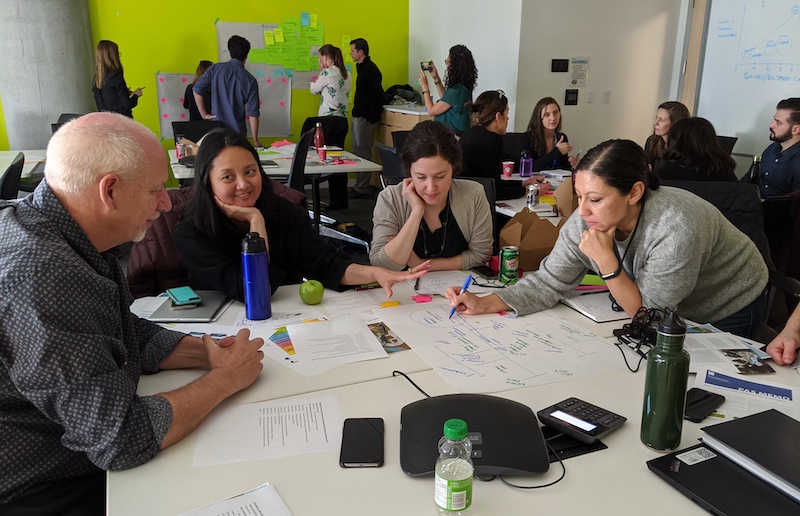
The extent, nature, and wide-ranging impacts of climate change are tremendously uncertain. As a structured approach for participatory and evidence-driven decision making, scenario planning helps cities and regions prepare and plan for this uncertain future. Through research, peer-to-peer learning, networking, training, and technical assistance, our Consortium for Scenario Planning helps communities develop better plans to guide a range of actions including climate change adaptation.
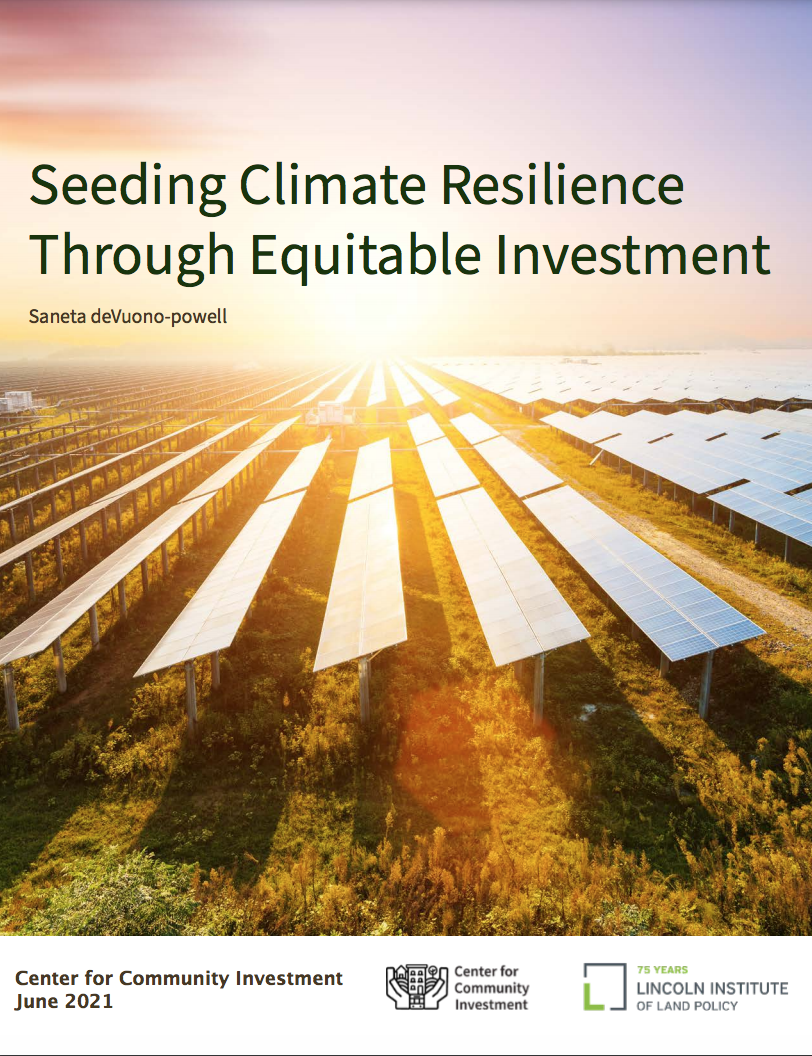 Seeding Climate Resilience Through Equitable Investment
Seeding Climate Resilience Through Equitable Investment
Due to inequitable development and disinvestment, low-income communities and communities of color are at the greatest risk from the effects of climate change. A Center for Community Investment report, Seeding Climate Resilience Through Equitable Investment, uses six case studies of successful climate resilience investment to surface a set of common strategies that take aim at the systems underlying the inequitable distribution of risk. Together, these case studies point to the urgency of acting quickly, strategically, and creatively to design and finance equitable climate resilience before disaster strikes again.
